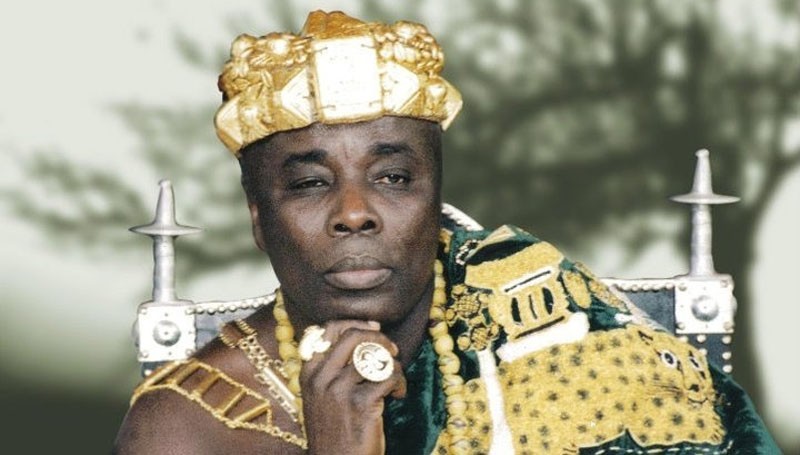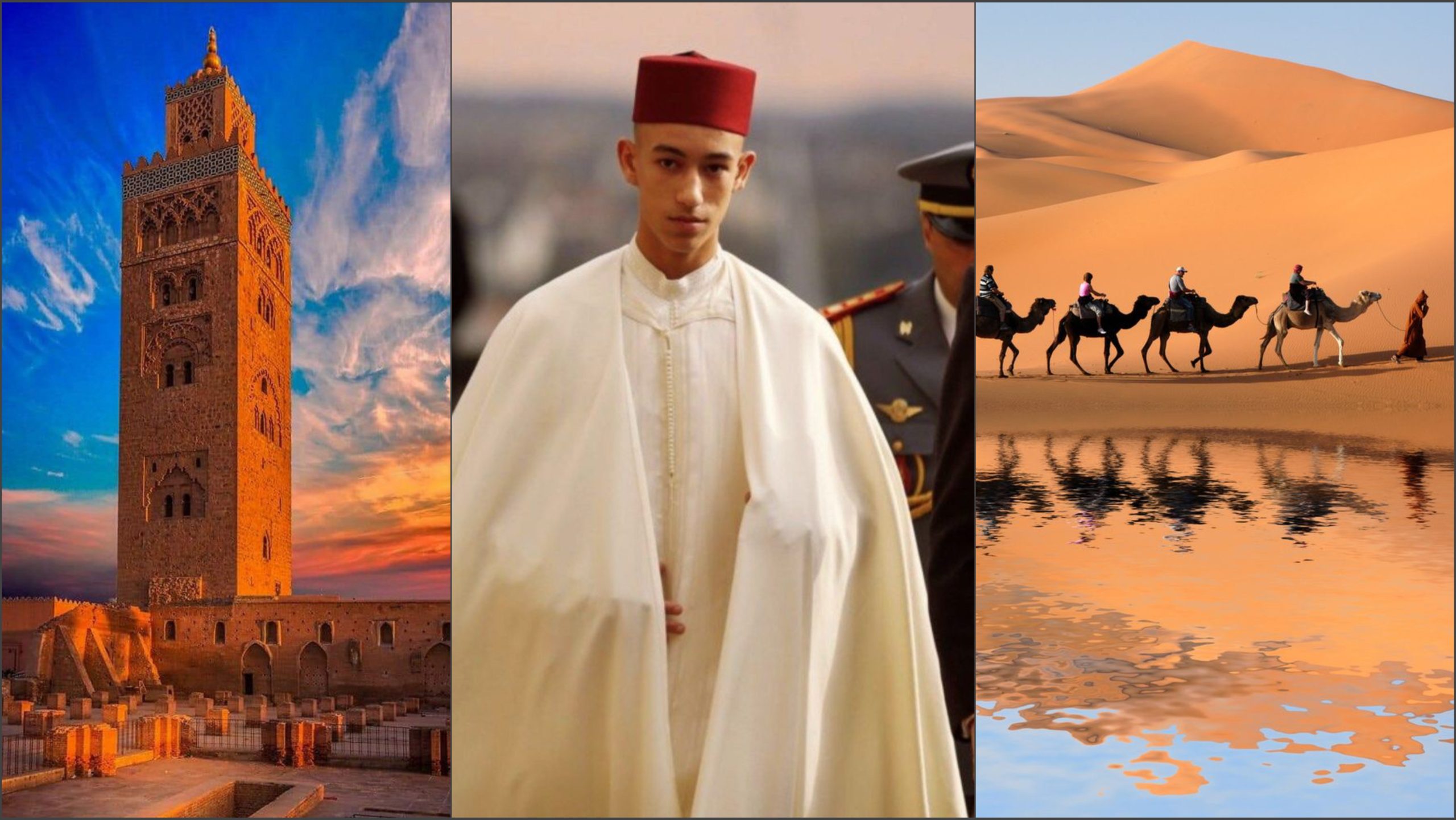Traditional African kings and queens are pushing for more recognition. What role, if any, do old kingdoms have in a modern continent?
For thousands of years before to freedom, Africa was dominated by kings and traditional leaders who possessed immense power. However, they have now been supplanted as head of state across the continent as a result of revolutions, military takeovers, and the emergence of democratic regimes, with their functions mostly limited to religious and cultural activities.
They might resolve local disputes over property or smaller issues, but they lack actual political influence and any financial assistance from the government. People in some nations seem to have lost sight of the kings’ existence. These monarchs together have been clamouring for additional rights and privileges, including constitutional recognition. Can we learn anything from the illustrious African kings? And should they currently be acknowledged in the continent at all?
I just traveled to Kenya to see the Nabongo Cultural Center. In Luhya, the word for “king” is nabongo. The center was established in 2008 to commemorate and honor the more than a thousand-year-old heritage of the Wanga Kingdom. The Luhya people, a Bantu ethnic group, arrived in Kampala, today the biggest city in Uganda, after originally migrating from Egypt via Sudan. One of the princes eventually went to Kenya due to a family dispute, and it was there that the Wanga Kingdom was established.
The kingdom’s territory at its height included Jinja in eastern Uganda, western Kenya, through Nyanza to Naivasha, which is close to Nairobi, Kenya’s capital city. King Mumia I assumed the throne in 1882 and governed during this time. He possessed unfathomable power. In the enormous Wanga region, he served as commander in chief and the final arbiter of social, legal, and civil disputes. He was said to have worn copper bracelets that had magical abilities and could, if he chose, kill someone.
King Peter Mumia II, his grandson and the present ruler of Wanga, is not endowed with any authority or benefits from the government. The 67-year-old and I spoke over the phone because he was preoccupied with his small businesses, which are his source of income. I spent 30 years working as an accountant, then as a sales manager, he claimed. “I was able to feed and educate my children in this way. The citizens’ donations to the past kings are no longer present.
With financial support from the Mumia Sugar Company, Peter Mumia II constructed the Nabongo Cultural Center in commemoration of his grandpa and the kingdom. It is situated in Mumias, a small settlement in Kakamega County that formerly served as Wanga’s capital.
Along with a traditional Wanga homestead and a mausoleum where four Wanga monarchs are interred, the center also includes a contemporary library and museum. I pulled over to ask for directions from a young man riding a bicycle as I was driving there. The young man was a nearby university student, but he knew very little about the reigning monarch of Wanga. He was only familiar with his great-grandfather, King Mumia I. In high school history, I learned that the kingdom was ruled by a strongman named Mumia I. “However, I am unaware of what transpired following independence.”
The British colonial era saw a decline in the power of the Wanga kingdom. When it came to his dealings with the west, Nabongo Mumia was at first a cunning operator. He was the first king to welcome Europeans to pre-colonial Kenya, including Bishop James Hannington of England and the Scottish geologist and explorer Joseph Thomson. The British flag and royal garb that Thomson presented to King Mumia are both now kept at the Nabongo Cultural Center.
“The British later gave him a car, followed by guns,” said Beatrice Baraza, the centre administrator. “He was friendly to Europeans, long before Kenya became a colony. King Mumia was the first African in Kenya to own a bicycle.”
He even accepted a request to attend King Edward VII’s coronation when Queen Victoria passed away. But he never made it past Mombasa, a seaside city. His acquaintances in the Arab and Swahili communities forewarned him that the British would hold him captive if he went any further, just as they had done with the king of Buganda, who had been kidnapped in 1899 and deported to the Seychelles.
Wanga is not the only African nation at danger of fading into obscurity. One of the biggest and most prestigious kingdoms in east Africa was the Buganda Kingdom of Uganda. The kingdom’s power rapidly decreased when Uganda gained independence in 1962, similar to what happened with Kenya. In 1963, Sir Kabaka Mutesa II was named as the ceremonial president by the nation’s first prime minister, Milton Obote. However, he had a change of heart and suspended the constitution and deposed the monarch three years later.
The king’s palace was invaded by Obote’s army the same year. He fled to Burundi and was eventually given exile in London, where he passed away in his Bermondsey apartment from alcohol poisoning in 1969. There are claims that Obote’s undercover agents poisoned him. After that, the prime minister signed a new constitution that merged all of Uganda’s kingdoms into a single state. Kingdoms were reinstated by the Ugandan government in 1993, but mainly for cultural reasons. The kings of Uganda, like those of Kenya and other countries on the continent, are powerless in politics.
Muwenda Mutebi II, the reigning monarch of Buganda, is a member of the Forum of African Traditional Leaders, an organization that works to have the African Union recognize and support traditional leaders like themselves. The 2018 forum was held in the Nabongo Cultural Center and was hosted by Peter Mumia II, the organization’s treasurer. Muammar Gaddafi, the former leader of Libya, founded the forum in 2008 and dubbed himself its head while assuming the title “King of Kings.”
According to Peter Mumia II, the group’s request for constitutional inclusion does not aim to reclaim all political authority, but rather some acknowledgement of their status as a source of unity and power. As the treasurer of the Kings’ Forum and a king, he claimed to have traveled to every African nation. Only a few African nations do not recognize traditional leaders under the law. Kenya, Tanzania, and Angola are among them. As a [group], we are advocating for the African Union states to amend their constitutions to include us.
Such change looks unlikely. Joseph Kimani, a Nairobi-based lawyer, noted that the African Union has no power to compel member states to change their constitutions in order to include monarchies. It can only pass the idea to the members for them to decide independently. In Kenya, constitutional change would require a national referendum. “What people want in Africa is more democracy and not monarchies,” he said. “Calling for a referendum to introduce monarchies in a constitution will be like a referendum to re-introduce colonialism.”
Some kings are also lobbying for more government funding and benefits, so that they can concentrate on what many of the Forum’s members still believe are their kingly duties – including officiating at ceremonies and settling disputes over marital, inheritance, burial and land matters, in accordance with traditional laws.
But the African population today believes in multi-party democracy. There is little appetite for granting monarchs more funding or rights. “Our heroes who fought for independence are not receiving any money from the state,” said Simon Wanyama, a retired history lecturer. “The same should apply to the kings.”
The African kingdoms, their past power and subsequent decline, are worth remembering as part of the history of the continent. But traditional kings and chiefs have no space in the modern democratic age and deserve no privileges or benefits of any kind. In fact, there is an argument that those receiving state support should have this redirected to other priorities for national development, such as education and infrastructure.
While the great African monarchies should not be forgotten, the kings of old, with their hereditary and unaccountable power, have no place in contemporary Africa.
Credit: Daniel Sitole
 The African History Truly African
The African History Truly African

